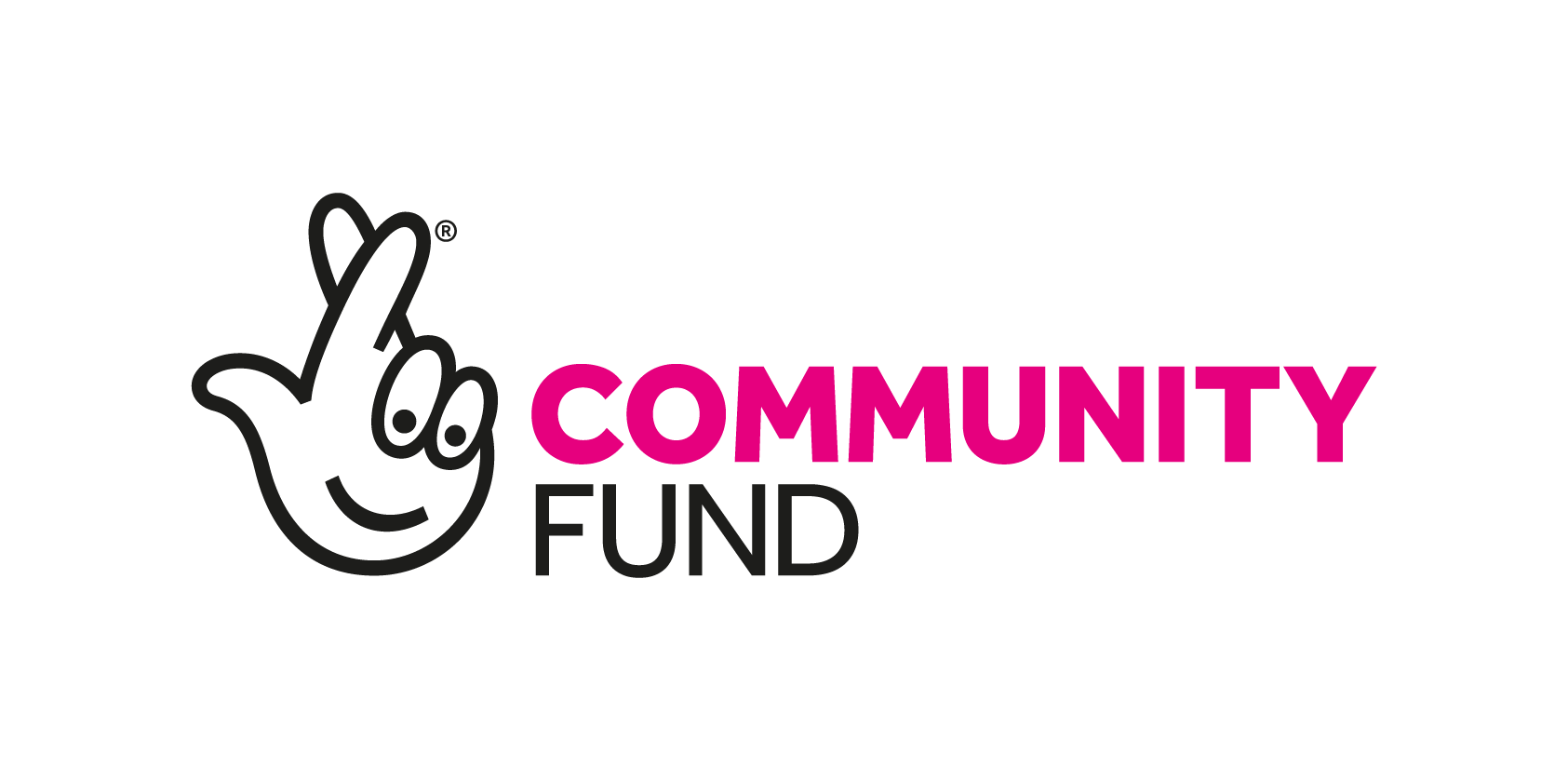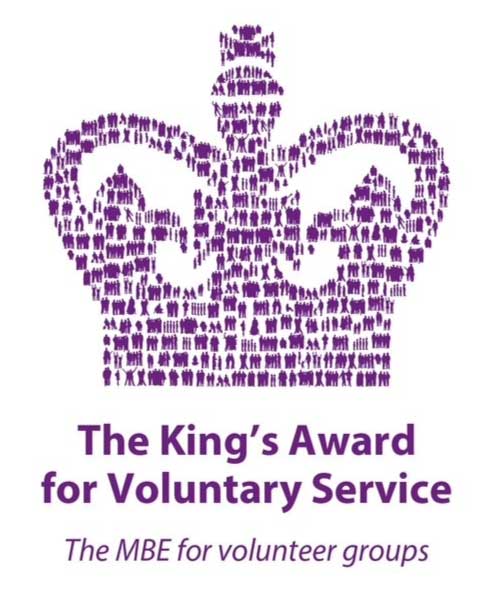What is a stroke?
What is Aphasia?
You might know that aphasia affects more than 350,000 people in the UK but do you know why it might happen after a stroke?
The brain is often talked about as having two halves – the left side and right side. Language skills are usually in the left half of the brain. Damage on that side of your brain may lead to language and communication problems – aphasia for example. Damage on the right side of your brain may cause other problems, like poor attention or memory.
There are different types of aphasia that cause different language problems. These include receptive aphasia and expressive aphasia.
Wernicke’s aphasia is another name for receptive aphasia. It happens when the area of your brain that controls language called the Wernicke area is damaged. Someone with receptive aphasia is usually able to speak well and use long sentences, but what they say may not make sense. They may not know that what they’re saying is wrong, so may get frustrated when people don’t understand them.
Broca’s aphasia is another term for expressive aphasia, as it’s caused by damage to Broca’s area. People with expressive aphasia may only be able to say single words or very short sentences. Although it’s usually possible for other people to understand what they mean, this can still be very frustrating for the person with aphasia.
You can read more about the types of aphasia, here: https://bit.ly/3aqXTTT
Financial Impact, Help & Support Services
Personal Independence Payment
https://www.gov.uk/pip/eligibility
Attendance Allowance
https://www.gov.uk/attendance-allowance
Pension Credit
https://www.gov.uk/pension-credit
Carer’s Allowance
https://www.gov.uk/carers-allowance
Citizens Advice Bureau
https://www.citizensadvice.org.uk/benefits
Carers Trust
http://www.cheshireandwarringtoncarers.org/


